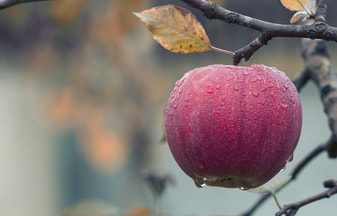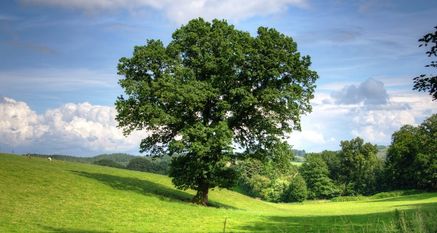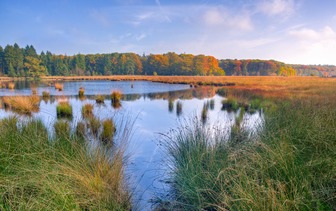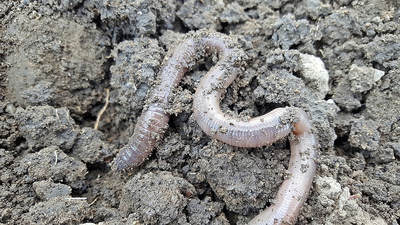Why is Biodiversity important?
Aside from the obvious moral reasons for looking after biodiversity, quite simply without it we would not be able to survive on Earth.
That’s kind of a big deal. Here are seven reasons why:
That’s kind of a big deal. Here are seven reasons why:
|
|
FoodIt’s easy to think of biodiversity just as furry creatures running around the woodland far removed from our daily lives. However, biodiversity sustains us every day; it's in our lunchboxes and on our plates at every meal. We eat a huge variety of mammals, fish, fruits, vegetables, nuts and grains; all derived from a living species that is part of biodiversity. Just think, how many different species will you eat today?
|
AirWhatever about food and medicine, you definitely won’t make it to break time without air! Thankfully, we have our friendly trees to suck up our carbon dioxide waste and swap it for some useful oxygen. It takes about 7 to 8 trees to support the oxygen requirements for each person. How many trees are needed for your classroom? What about your school?
|
RecyclingWhat would our soils be without our mini-farmers? Worms, bacteria, fungi, algae, insects, ants, beetles and mites are working day and night recycling nutrients and giving us healthy soils in which to grow our food. It’s amazing to think that there are more microorganisms in a single teaspoon of soil than there are humans on earth. That’s over 7 billion creatures… in a teaspoon!
|
WELLBEINGUs humans have evolved for millions of years surrounded by nature - it’s no wonder we love it! That’s why we like woodland walks, cute puppies and giving each other flowers - it's in our DNA! However, as we move towards lifestyles that are far removed from nature it's important not to forget the power that biodiversity can have on us. It's a growing area of scientific research but it's already very clear to researchers that even short periods of time surrounded by biodiversity can have a great impact on our physical and mental wellbeing.
|









